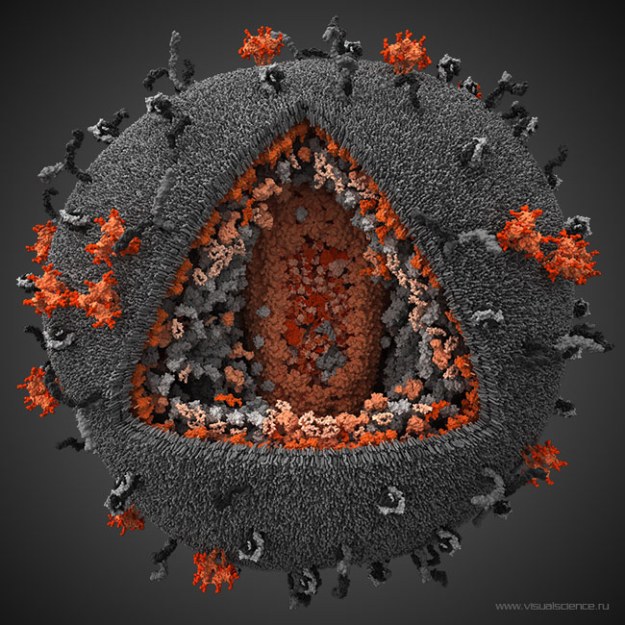 One of the most annoying aspects of Internet life may prove to be key in eradicating one of the most challenging viruses in real life. Apparently, Microsoft’s spam filtering research may prove beneficial in the fight to ban HIV from our bodies. The software giant says it is teaming up with members of the Ragon institute to take on HIV by supplying computing resources as well as MSR’s experience building email spam filters.
One of the most annoying aspects of Internet life may prove to be key in eradicating one of the most challenging viruses in real life. Apparently, Microsoft’s spam filtering research may prove beneficial in the fight to ban HIV from our bodies. The software giant says it is teaming up with members of the Ragon institute to take on HIV by supplying computing resources as well as MSR’s experience building email spam filters.
The first thing you’re probably wondering is how HIV and email spam are connected. Well, the way the immunodeficiency virus constantly mutates in order to avoid our immune system’s defenses is how we end up with 1.8 million HIV related deaths annually—that’s around 5k daily. Similarities were found with the viruses’ elusive nature and the way spammers evolve their tactics to climb over spam filters for Hotmail, Outlook and Exchange.

The Ragon Institue, led by Bruce Walker, is a collaborative effort against AIDS between Harvard, Massachusetts General Hospital and MIT. Ragon, along with the Centre for the AIDS Programme of Research in South Africa and the KwaZulu-Natal Research Institute for Tuberculosis and HIV, have been testing a vaccine in Durban, South Africa which has been generating a humungous amount of data.
Microsoft has been lending David Heckerman and Jonathan Carlson from MSR to the task of computing all that data. Heckman previously worked on building email spam filters. The two use a tool called PhyloD which contains an algorithm that details virus patterns, allowing the team to track how individual immune systems interact with the virus.
Using Microsoft’s computing center, Heckman and his team have discovered close to six times as many attack points on the HIV virus as there were before. Further good news is that, according to Bruce Walker, all of this research can be applied to breast and prostate cancer, and could very well change the landscape of how medicine is practiced.


